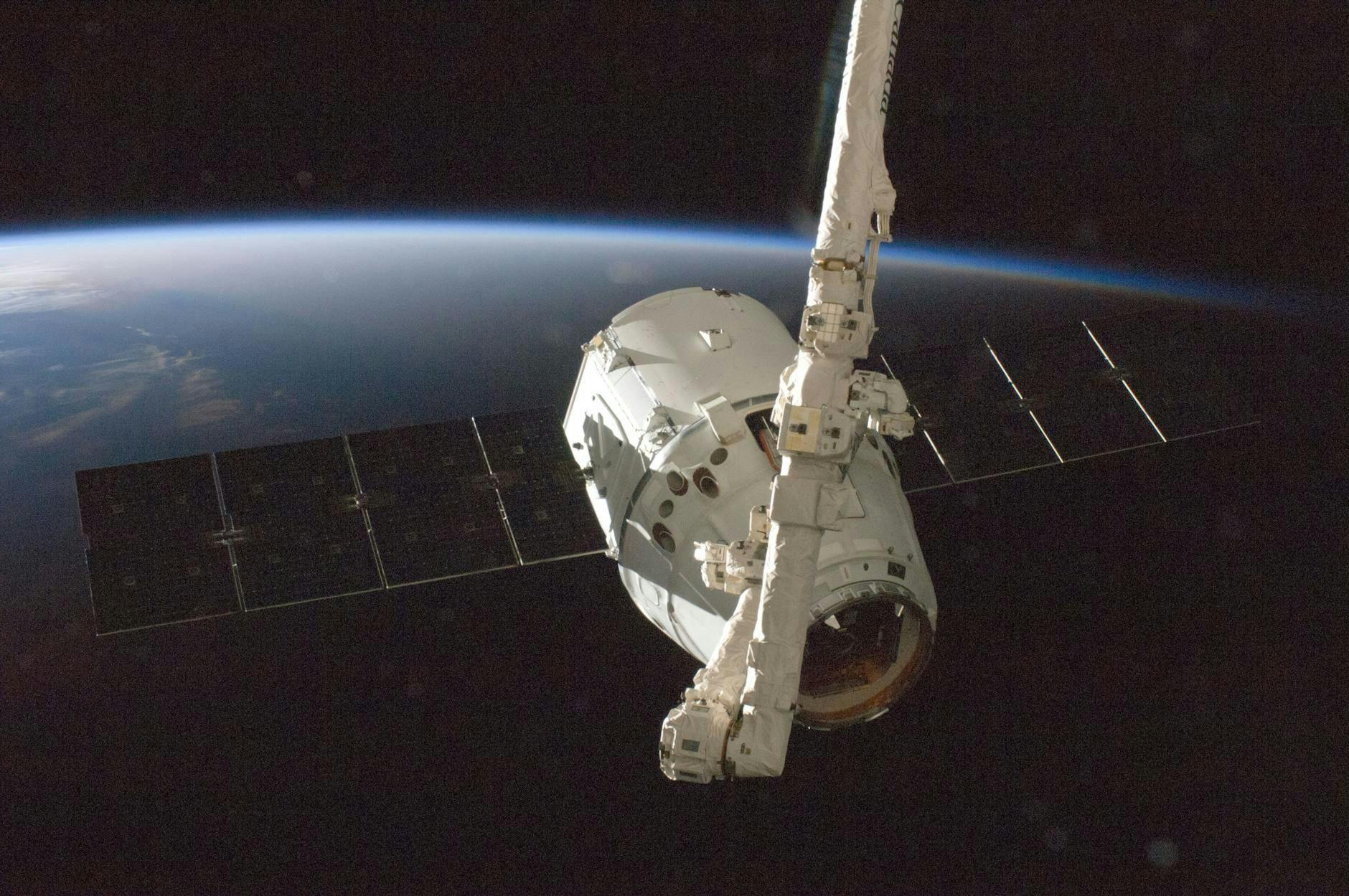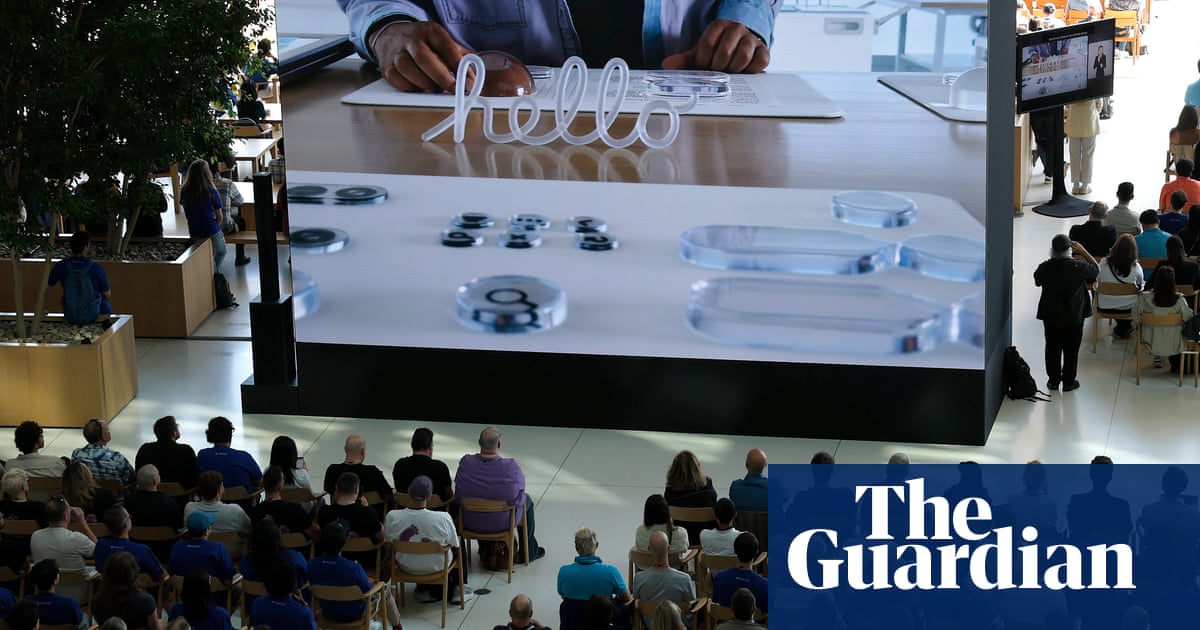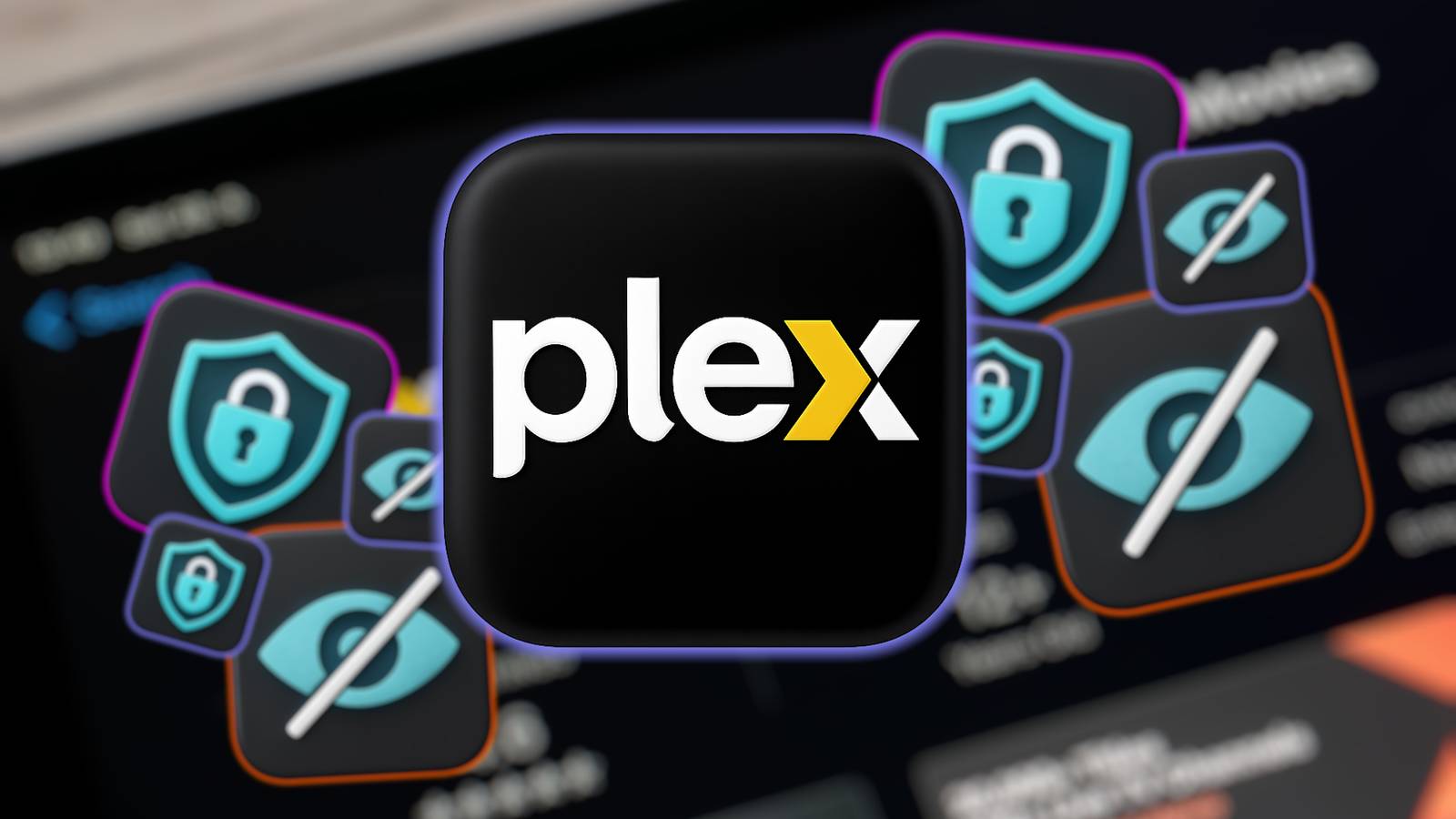The Internet Broke. Here’s How We Fix It.
Remember when the internet felt infinite? When was it this wild frontier where anyone could build anything, say anything, and connect with anyone? Those days feel like ancient history now.
Somewhere along the way, our digital commons got fenced off and sold to the highest bidder. What started as a decentralized network became a handful of corporate kingdoms, each with its own rules, algorithms, and very cozy relationships with governments.
You post something on Facebook? They decide who sees it—unless you pay up. Your ISP throttles your connection during “peak hours” (which somehow last all day). Meanwhile, content disappears without explanation, shadow bans multiply, and we’re all supposed to pretend this is normal.
It’s not normal. And frankly, we’re tired of being digital serfs.
What We Lost (And Why It Matters)
The original Internet was built on a radical idea: information wants to be free. Not free as in “no cost,” but free as in “no gatekeepers.” The network was designed to route around damage, whether that damage was a broken cable or a hostile government.
But centralization changed everything. When most of our communication flows through a handful of servers owned by a handful of companies, those companies become chokepoints. They don’t just host our conversations—they control them.
The result? An internet that serves power, not people. Where your reach depends on your advertising budget, where inconvenient truths get buried in algorithmic limbo, where the town square belongs to whoever can afford the biggest megaphone.
This isn’t just about politics or free speech (though those matter). It’s about who gets to participate in the digital economy. Who gets heard? Who gets to innovate? Right now, those decisions are made in boardrooms, not by communities.
Enter the Satellite Solution
Here’s where things get interesting. A project called Spacecoin is taking a different approach entirely. Instead of trying to reform the broken internet, they’re building a new one—literally above our heads.
Picture this: a network of satellites providing decentralized internet infrastructure, coordinated through blockchain technology on the Creditcoin network. No single point of failure. No corporate headquarters to pressure. No government servers to seize.
It’s not just another cryptocurrency project with a flashy website. These are actual satellites, launching into Low Earth Orbit, creating a mesh network that anyone can tap into. Think of it as the internet’s immune system—distributed, resilient, and nearly impossible to shut down.
Why This Could Actually Work
The beauty of space-based infrastructure is that it exists outside traditional jurisdictions. You can’t exactly send a cease-and-desist letter to orbit. And because the network is decentralized, there’s no single company that can be pressured into compliance with overreaching regulations.
But the real game-changer is economic. Right now, we’re trapped by network effects—you use Facebook because everyone else does, even if you hate Facebook. Breaking free requires building something better and getting everyone to move at once, which is nearly impossible.
A decentralized internet changes this equation. Instead of extracting value from users, it can reward them. Early adopters get tokens. Content creators keep their earnings. Users own their data and can move it wherever they want. Suddenly, switching platforms doesn’t mean starting over—it means taking your digital life with you.
Beyond the Technical Fix
This isn’t just about faster speeds or lower costs (though those matter). It’s about returning agency to individuals and communities. When algorithms are transparent and user-controlled, we stop being products and start being participants again.
Imagine choosing your own content filters instead of having them chosen for you. Imagine supporting creators directly instead of watching platforms take their cut. Imagine building applications that serve users instead of advertisers.
These aren’t pipe dreams—they’re the natural consequences of putting infrastructure back in public hands.
The Road Ahead
Will the decentralized internet solve every problem? Of course not. Bad actors exist everywhere, and technology alone can’t fix human nature. But it can change the balance of power. It can make censorship expensive instead of cheap. It can make surveillance difficult instead of trivial.
Most importantly, it can give us choices again. In a centralized system, you’re a tenant hoping your landlord doesn’t raise the rent. In a decentralized one, you’re part of the cooperative that owns the building.
The internet was supposed to be humanity’s shared infrastructure, not a collection of private fiefdoms. Projects like Spacecoin remind us that it’s not too late to get back to that original vision.
The satellites are launching. The code is open. The infrastructure is being built by people who remember what the internet was supposed to be.
Maybe it’s time we joined them.











